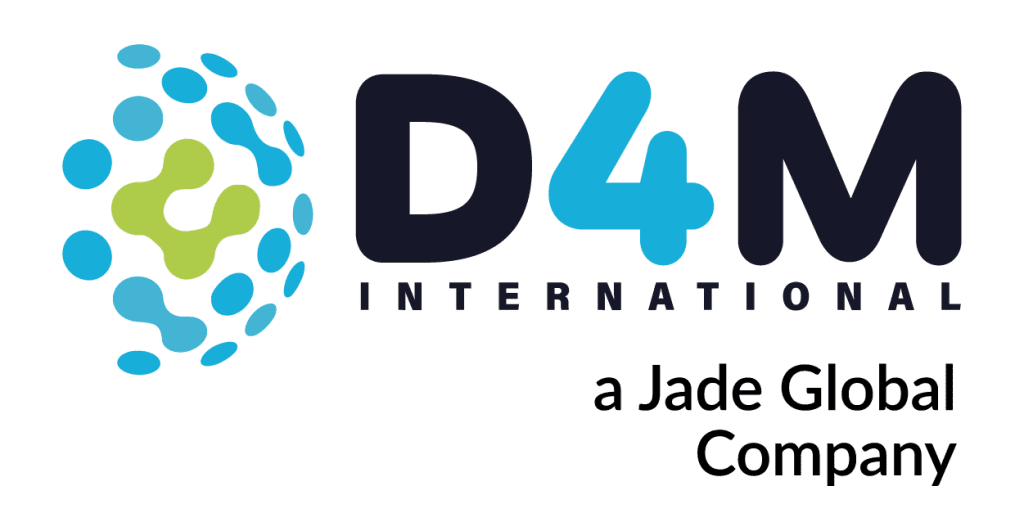Why SAP's Incremental Upgrades are a
Game-Changer for Manufacturers!
About this Interview
In today’s fast-paced manufacturing landscape, staying ahead of the competition requires flexibility, efficiency, and the ability to adapt quickly to market demands.
SAP’s Digital Manufacturing solution is revolutionizing the industry by allowing manufacturers to roll out incremental upgrades across multiple production plants; all while significantly reducing the financial and productivity risks of the past!
In this week’s conversation, we sit down with SAP’s Senior Director of Solution Management for Digital Manufacturing Salvatore Castro who will discuss how the improved flexibility of rolling out next gen SAP hardware not only allows customers to reduce financial risk due smaller, incremental upgrades, but also customers to experience the production improvements firsthand more quickly – without the need of Pilot/POCs!
But, before we hear what Sam has to say, let’s provide some context by discussing how ERP rollouts have changed from their “one-size fits all” approach to now:
ERP Rollouts before DM
Historically, ERP rollouts followed a “one-size-fits-all” model, where organizations implemented the same system across all sites without tailoring the solution to the unique needs of each plant.
This approach often led to considerable challenges—different plants, with different workflows and demands, were forced to adopt the same system at once, leading to complications, inefficiencies, and long periods of downtime.
This rigid approach, while standardized, often overlooked specific operational nuances, leading to less-than-optimal results.
The Importance of Pilot/POC Trials Pre-DM
To mitigate these challenges, practices like pilots and proof-of-concept (POC) trials became essential.
Manufacturers would test new systems on a small scale at one or two sites to identify potential problems before full deployment.
While these approaches reduced some of the risk, they also introduced delays and consumed valuable resources.
Pilots and POCs required significant investment in time and labor, and even after a successful test, manufacturers still faced the daunting task of scaling the system across multiple sites.
What Does Digital Manufacturing Do to Change this Process?
SAP Digital Manufacturing is a comprehensive suite that integrates data from machines, sensors, and enterprise systems to provide real-time insights and optimize production processes. One of the standout features is its ability to roll out incremental updates to individual plants or production lines at a manageable pace. This approach removes the need for large-scale, all-at-once system overhauls, which can cause lengthy downtimes and operational delays. Manufacturers can implement changes in smaller, controlled phases, mitigating the risk of widespread disruptions and ensuring smoother transitions.
What Does this Mean for Customers Looking to Upgrade?
SAP’s Digital Manufacturing solution addresses these shortcomings by allowing incremental upgrades that can be customized to each plant’s specific needs.
Manufacturers no longer need to rely on pilot programs or POCs to assess a system’s viability, because they can test and adjust in real-time without halting production.
This flexibility ensures that upgrades are seamless and aligned with each facility’s unique requirements, reducing the need for expensive and time-consuming trial periods.
The ability to roll out incremental updates is especially important for industries such as automotive, electronics, and consumer goods, where production efficiency is critical.
Conclusion
With SAP Digital Manufacturing, manufacturers can implement new technologies and optimizations gradually, without waiting for a complete system overhaul.
DM empowers manufacturers to modernize their operations with flexibility and efficiency.
By eliminating the need for traditional “one-size-fits-all” ERP rollouts and the associated practices like pilots and POCs, manufacturers can reduce risk, lower costs, and speed up their technology adoption. This approach ensures that businesses can continue to thrive in an ever-evolving market while maintaining operational continuity and maximizing competitiveness.
With that said, let’s hear what Sam Castro has to say about DM’s rollout flexibility and what it means for modern day manufacturers:






